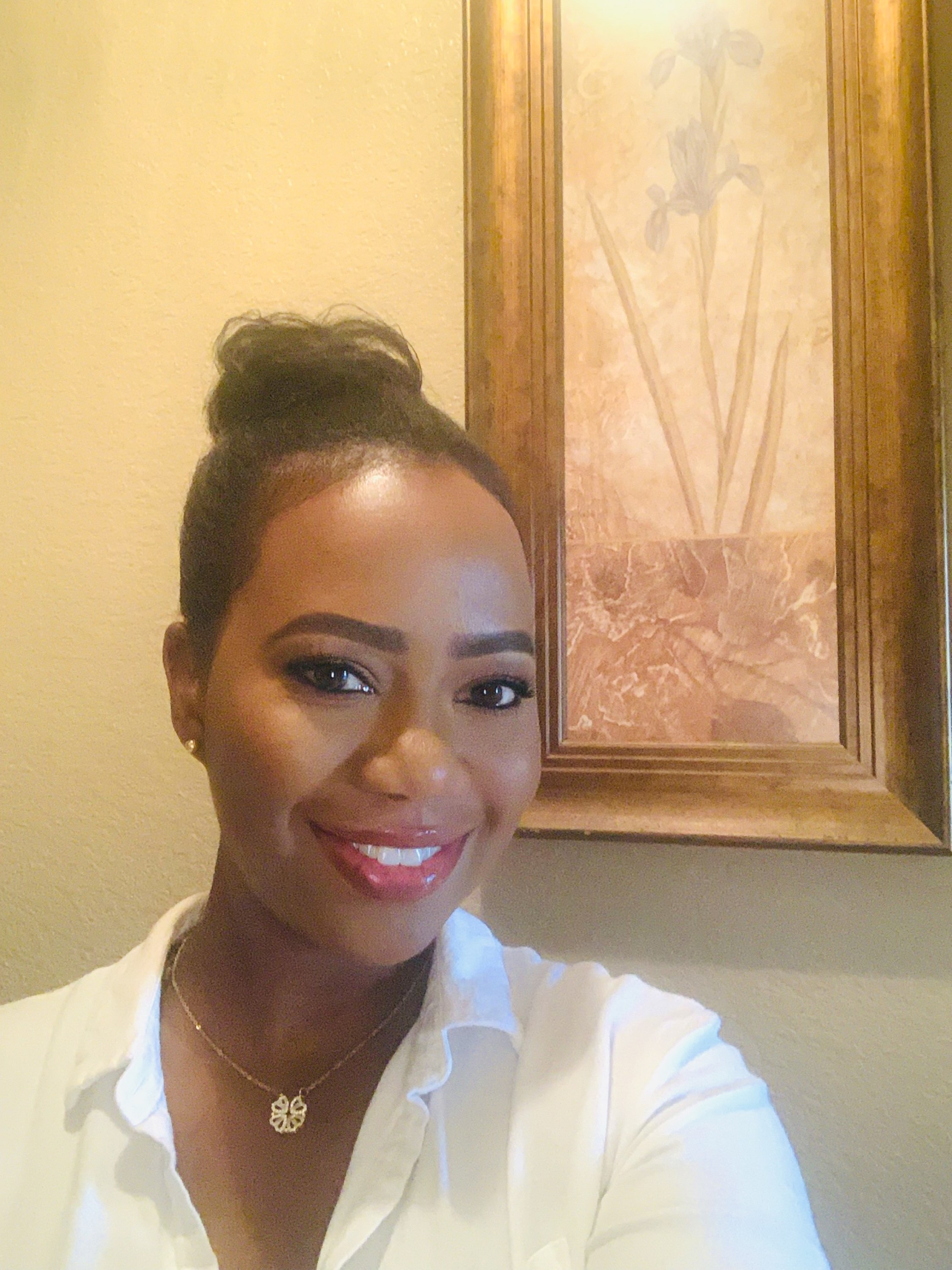6 hours ago5 min read



Updated: Sep 7, 2025

Healing is not a checklist. Growth is not a straight line. And self-care? It’s not a one-and-done solution to feeling overwhelmed. Despite what the glossy Instagram posts and curated spa day reels might suggest, self-care is not a magic fix. It’s an ongoing, evolving, intimate relationship with yourself.
And like any healthy relationship, it requires presence. It asks for listening, adjusting, forgiving, showing up, and choosing yourself again—especially when it’s inconvenient, especially when it’s hard.
We live in a culture obsessed with shortcuts. Instant gratification. A product, a pill, or a perfectly designed planner that promises to take the edge off.
When self-care is reduced to bubble baths and expensive skincare (not that there’s anything wrong with those), we start to view it as something we use to fix ourselves instead of a way we show up for ourselves.
So, when we’re still tired after journaling…When the anxiety doesn’t magically disappear after yoga…When the loneliness lingers even after a solo date…
We think: I must be doing it wrong. I must be broken.But you’re not broken. You’re human.
True self-care isn’t about repairing cracks—it’s about learning to sit with yourself in the middle of the mess and still say, “You’re worthy. I’m not going anywhere.”
If this reminded you to slow down and listen to yourself, you’ll want to explore this next: When Everyone Relies on You: 6 Relatable Tips for Real-Life Support.
Think of self-care as a mirror—not a mask.
A mask hides. It covers the puffy eyes and quiet burnout. It performs peace when chaos is bubbling just beneath the surface.
But a mirror? A mirror invites you to look honestly. To reflect. To notice what’s there without judgment. And that’s where the real work begins.
Because when self-care is rooted in a real relationship with yourself, it’s not always pretty. It’s not always soothing. Sometimes it’s confronting. Sometimes it looks like:
Admitting you’re exhausted from saying yes to everything
Choosing rest even when productivity culture whispers “lazy”
Sitting in uncomfortable silence instead of distracting yourself
Acknowledging envy, anger, or fear—all the emotions you were taught to hide
This is self-care, too. It’s not always soft-lit and serene. Sometimes it’s gritty and awkward and brave.

Your relationship with yourself starts in the space no one else can hear—your inner voice.
If you’re like many of us, that voice can be harsher than any critic you’d allow in your life.
Would you talk to your best friend the way you talk to yourself on a bad day?
Self-care begins in those private moments—the inner monologues that never make it to social media. It’s choosing compassion when your brain defaults to blame. It’s learning to soothe instead of shame. It’s forgiving yourself, again and again.
A healthy relationship with yourself should be the safest one you have.
Here’s the truth that will change everything:You don’t have to earn your own care.
Not by checking every box on your to-do list. Not by keeping everyone else happy. Not by shrinking or overextending yourself.
You are allowed to care for yourself when you’re a mess. When you’re behind.When you’re anxious, irritable, or struggling.
You still get to rest. You still get to slow down. You still get to tend to your needs.
Once you stop seeing self-care as a reward and start seeing it as a baseline, you stop waiting for burnout to force you into it. Instead, you start building a life that supports your well-being every day—not just in moments of crisis.
Like any relationship, your connection with yourself will go through seasons.
Some seasons will feel nourishing and full—you’ll honor your boundaries and listen to your needs with ease.
Other seasons will feel distant—you’ll realize you’ve been ignoring yourself, numbing out, or saying “I’m fine” when you’re not.
When that happens, don’t ghost yourself. Come back. Start small—a breath, a journal entry, a walk, a long slow exhale.
This is a lifelong relationship. You don’t have to get it perfect. You just have to keep showing up.
Let’s reframe what self-care really is.
Self-care is how you:
Speak to yourself when you mess up
Show up for yourself when you’re hurting
Choose what honors you—not just what pleases others
Allow yourself to feel instead of avoid
Loosen expectations and rest without guilt
Nurture joy even in heavy seasons
It’s not a series of tasks to “fix” a broken you.It’s the practice of loving the real you—over and over again.

If you’re realizing how often you ignore your needs, how rarely you extend yourself grace, or how often you treat self-care like a luxury—you’re not behind. You’re awakening.
You can re-meet yourself at any stage. You can start building a healthy, grounded relationship with yourself right now.
You can unlearn the idea that you have to earn your own care.You can choose a relationship with yourself rooted in patience, kindness, and honesty.
Self-care isn’t a luxury—it’s the foundation for how you live, love, and lead yourself through life.
It’s not about perfect routines or aesthetics. It’s about choosing yourself—again and again—in the quiet, messy, beautiful moments.
Like any relationship, it takes work, grace, and honesty. And here’s the reminder you may need today: You don’t need fixing. You need tending.
Start there.
See you at the next post ❤️
Let’s stay connected—join me on Facebook at @everyherwellness and @kim.ba0918

Kimberly Ba, APFA-CHWC
Certified Health & Wellness Coach and Wellness Blogger, and the founder of EveryHER Wellness, a space dedicated to helping women find balance, protect their peace, and reconnect with what truly matters in everyday life.


Follow EveryHer Wellness and be part of a community that truly gets it.




Comments